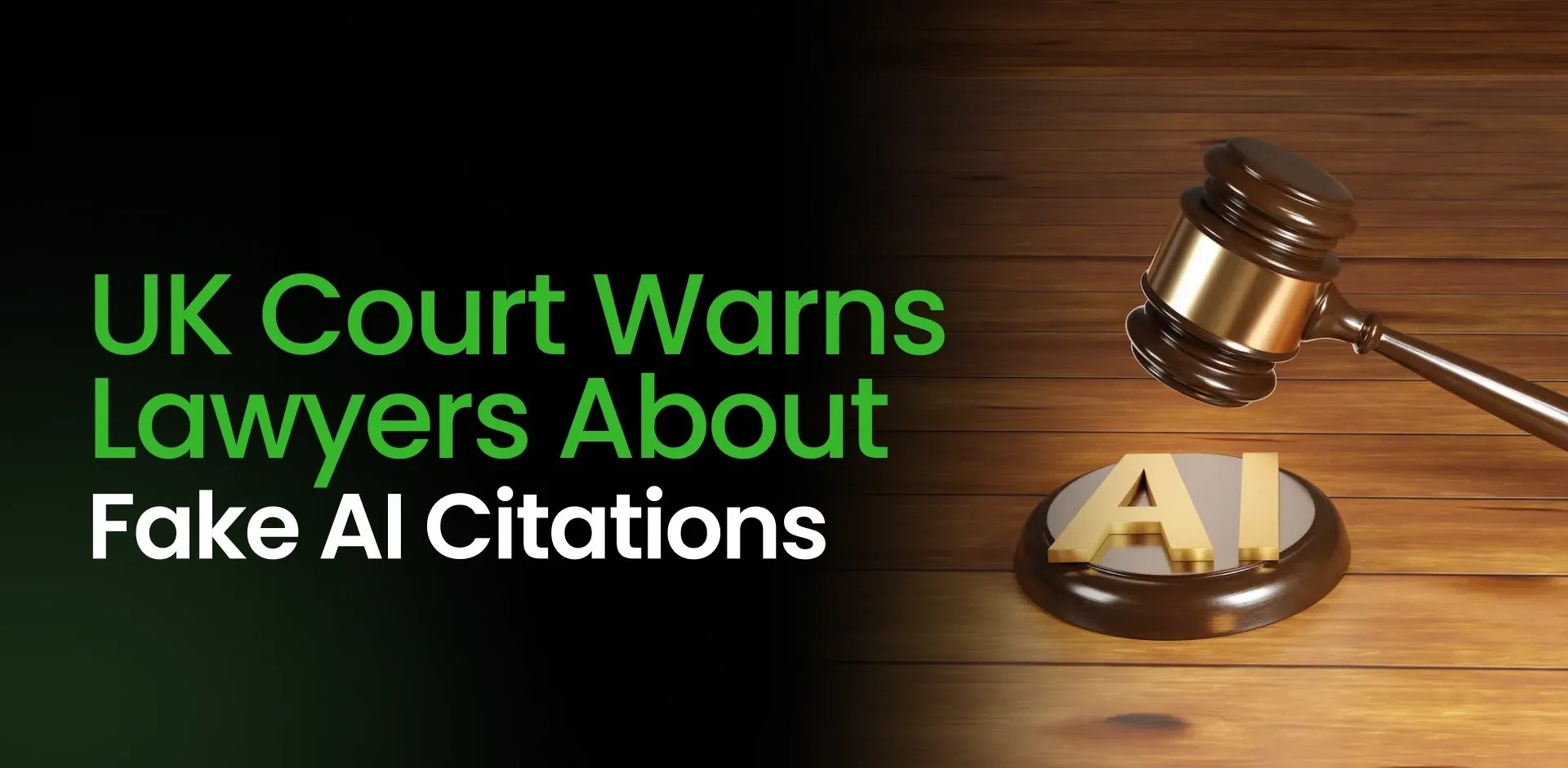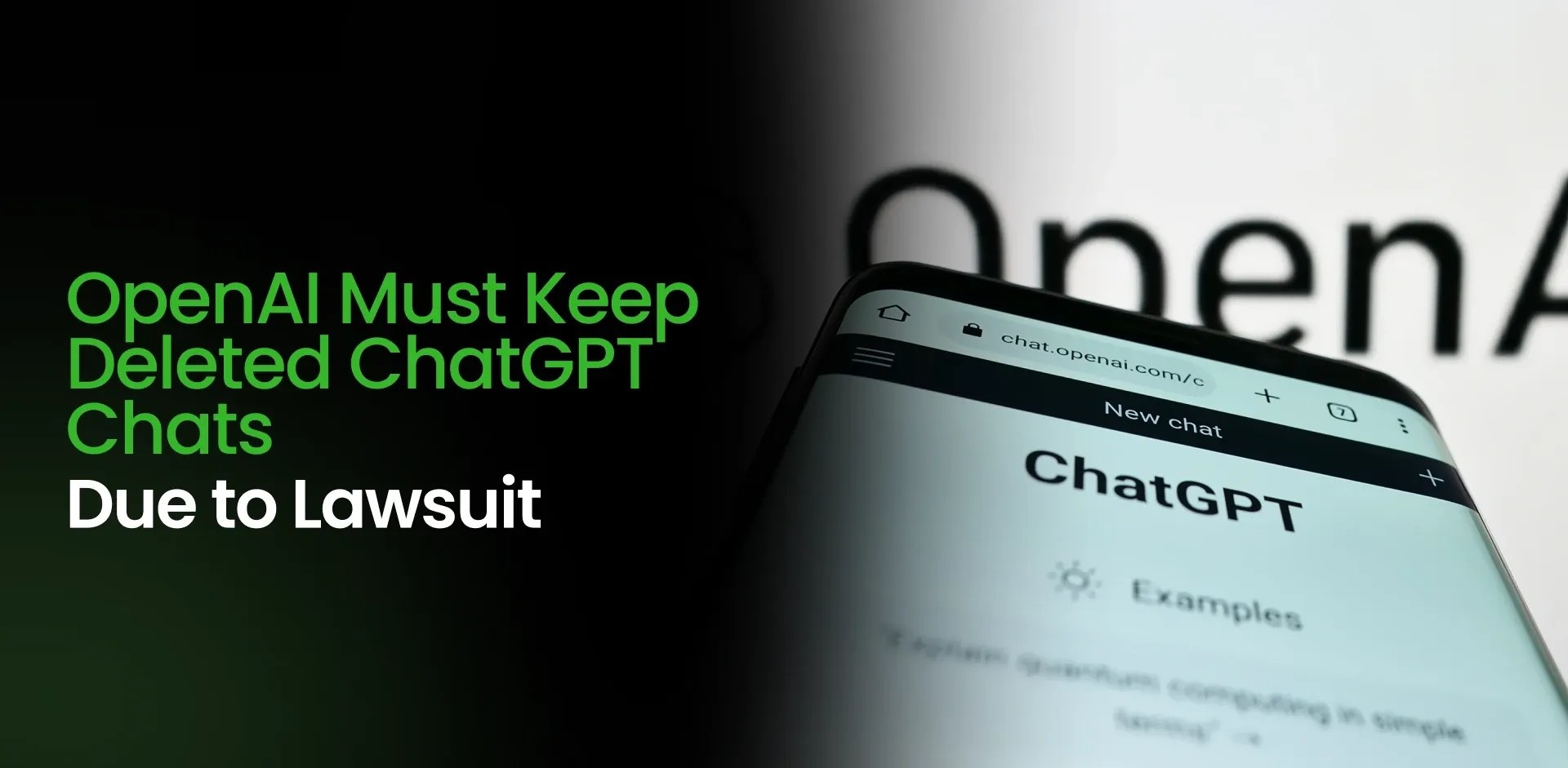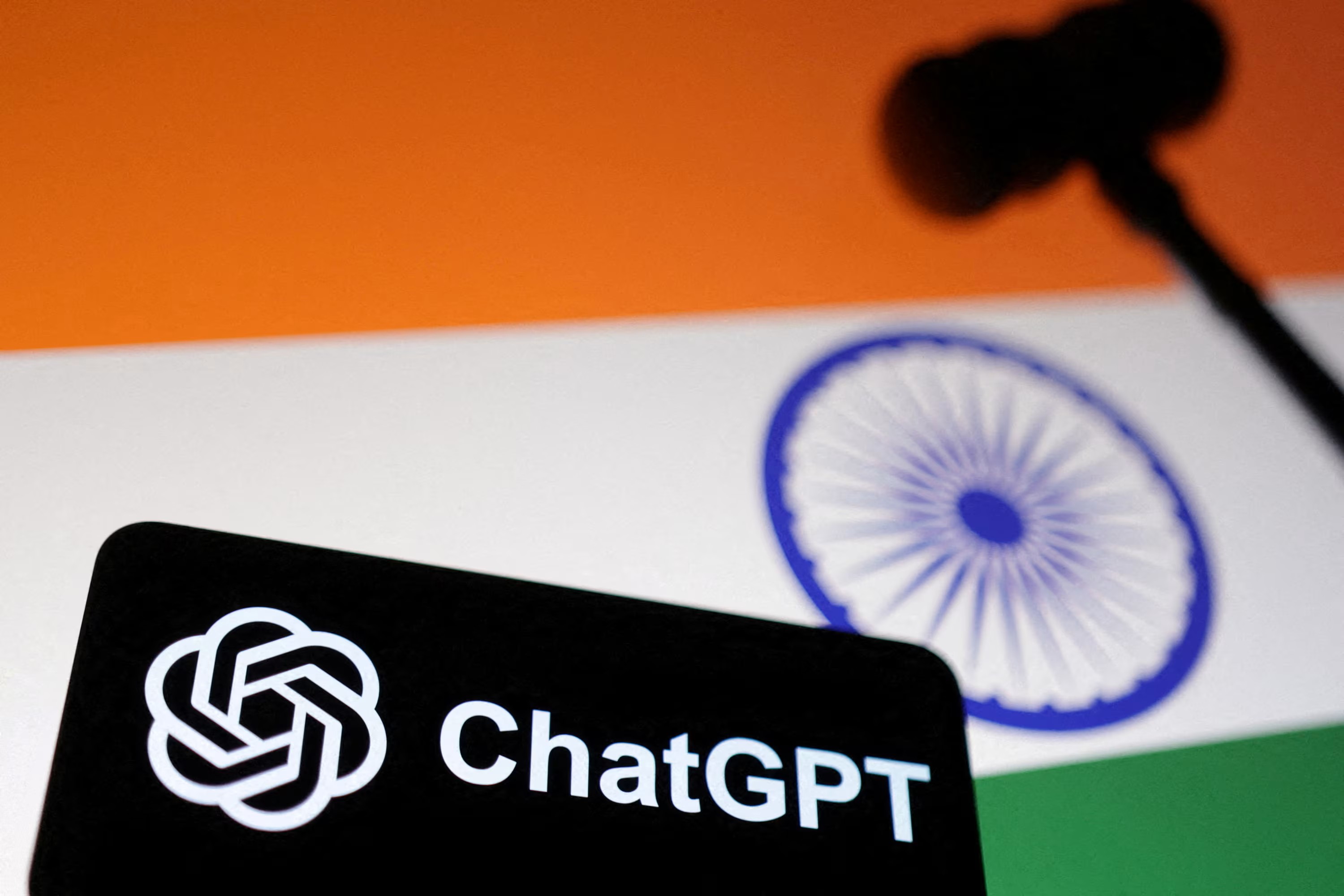Artificial intelligence is revolutionizing software development, but it’s also sparking a legal firestorm that developers can’t ignore. From court orders forcing AI companies to retain user data to judges cracking down on AI-generated fake citations, the legal landscape for AI is becoming as complex as a neural network. As developers, we’re not just coding the future—we’re shaping tools that courts, regulators, and lawmakers are scrutinizing. This week’s legal updates highlight critical issues that could impact how you build, deploy, and interact with AI systems. Let’s unpack the latest developments, with actionable takeaways to keep your projects legally sound.
UK Court Cracks Down on AI-Generated Fake Citations

The High Court of England and Wales dropped a bombshell on June 7, 2025, warning lawyers that citing fake AI-generated case law could lead to criminal prosecution or disbarment. Judge Victoria Sharp highlighted two cases where lawyers submitted filings with fabricated citations, including 18 nonexistent cases in a lawsuit against two banks and five fake precedents in a case against a local council.
The court found that tools like ChatGPT, while useful, “are not capable of conducting reliable legal research” due to their high hallucination rates—OpenAI’s latest models hallucinate 51-79% of the time on general questions. Lawyers were admonished for failing to verify AI outputs, with one admitting to relying on a client’s AI-generated research without checking its authenticity.
This shows the importance of always double-checking AI outputs and not copy pasting everything that AI spews out. Watch out for those hallucinations as they can lead to legal troubles.
OpenAI’s Privacy Nightmare: Court Orders Retention of Deleted ChatGPT Chats

In a high-profile copyright lawsuit from The New York Times and other publishers, a U.S. federal court ordered OpenAI on May 13, 2025, to preserve all ChatGPT user conversations, including those marked for deletion. The plaintiffs argue that ChatGPT’s outputs may reproduce copyrighted material, and deleted chats could hold evidence of infringement.
OpenAI, backed by CEO Sam Altman, is fighting the order, calling it a “privacy nightmare” that violates user trust and conflicts with policies promising deletion within 30 days. The ruling affects free, Plus, Pro, and Team users, though Enterprise and Zero Data Retention API clients are exempt. Public backlash on platforms like X reflects user outrage, with some comparing ChatGPT to “a coworker wearing a wire.” OpenAI is appealing, advocating for an “AI privilege” akin to doctor-patient confidentiality.
U.S. Lawyer Sanctioned for ChatGPT-Generated Fake Case Law
In the US, a similar case is evolving where a lawyer was fined for using ChatGPT-Generated fake case laws. A Utah lawyer, Richard Bednar, faced sanctions from the Utah Court of Appeals in June 2025 for submitting a brief with fake citations, including a nonexistent case, generated by ChatGPT.
Bednar, who relied on an unlicensed law clerk’s AI-drafted brief, was ordered to pay attorney fees, refund client costs, and donate $1,000 to a legal nonprofit. The court emphasized that while AI tools are permissible, lawyers have a “gatekeeping responsibility” to verify filings. This echoes a 2023 case where New York lawyers were fined $5,000 for similar ChatGPT-generated errors in an aviation injury claim. These incidents underscore the growing judicial skepticism of unverified AI outputs in legal settings.
GenAI and Copyright: India’s AI Copyright Battle - ANI vs. OpenAI

In India, a copyright lawsuit filed by news agency ANI against OpenAI in November 2024 is heating up. ANI alleges that OpenAI used its copyrighted content to train ChatGPT without permission, potentially causing unfair competition and reputational damage through “hallucinated” attributions.
In a January 2025 filing, OpenAI argued that Indian courts lack jurisdiction since its servers are U.S.-based and that deleting training data would violate U.S. legal obligations. The case, set for a hearing in late January 2025, has drawn other publishers like Bloomsbury and Penguin Random House, signaling a broader push for AI content licensing.
In the UK, in Getty Images v. Stability AI, Stability AI is the target of a lawsuit by Getty Images before the High Court. Getty claims that millions of its copyrighted photos were illegally collected by Stability AI to train its Stable Diffusion AI model. Getty makes the case that Stable Diffusion’s outputs do more than just copy Getty’s artwork – they bear its trademarks as well.
According to Getty, the AI-generated photos can be traced to their original sources. This includes cases where approximations of Getty’s watermarks appear on generated images. Stability AI sought the dismissal of parts of Getty’s claims. Stability argues that the training and development activities occurred outside the UK.
EU’s Push to Overturn AI Copyright Opt-Outs

A June 2025 EU-commissioned study on generative AI and copyright recommends overturning the current “opt-out” approach, where content is assumed usable unless explicitly restricted. The study suggests an “opt-in” model, requiring explicit permission for AI training data, which could reshape how developers source datasets.
This follows the EU’s Artificial Intelligence Act, effective August 2, 2024, which mandates transparency in AI data usage. The shift could increase costs and complexity for AI startups, especially those relying on web-scraped data.
Why This Matters to Developers
These legal battles aren’t just courtroom drama—they directly affect how we design, deploy, and use AI systems. The UK and U.S. cases show that courts expect professionals to verify AI outputs, putting pressure on developers to build tools with built-in accuracy checks.
OpenAI’s data retention saga and the ANI lawsuit highlight the tension between user privacy, copyright, and litigation demands, forcing developers to rethink data policies. The EU’s regulatory shift could upend how we source training data, making compliance a core part of AI development.
